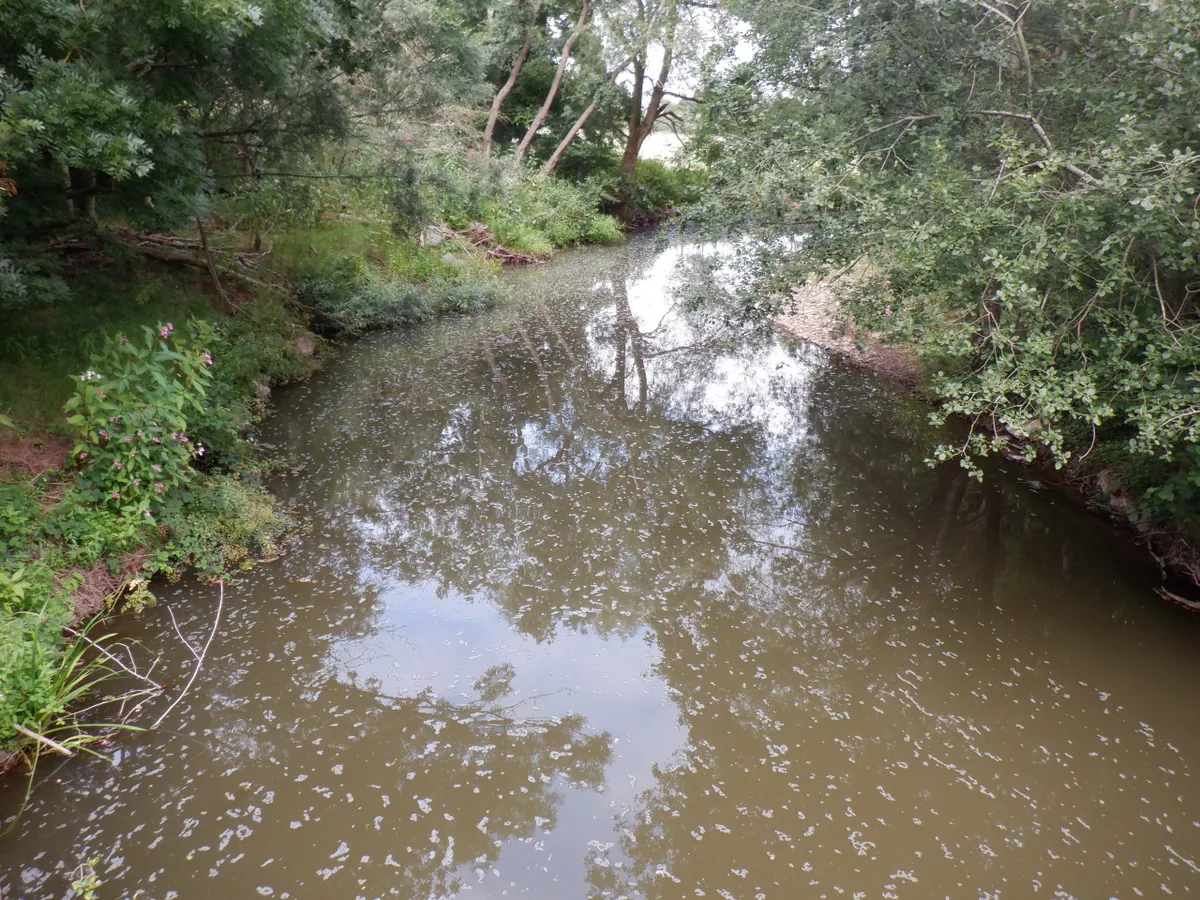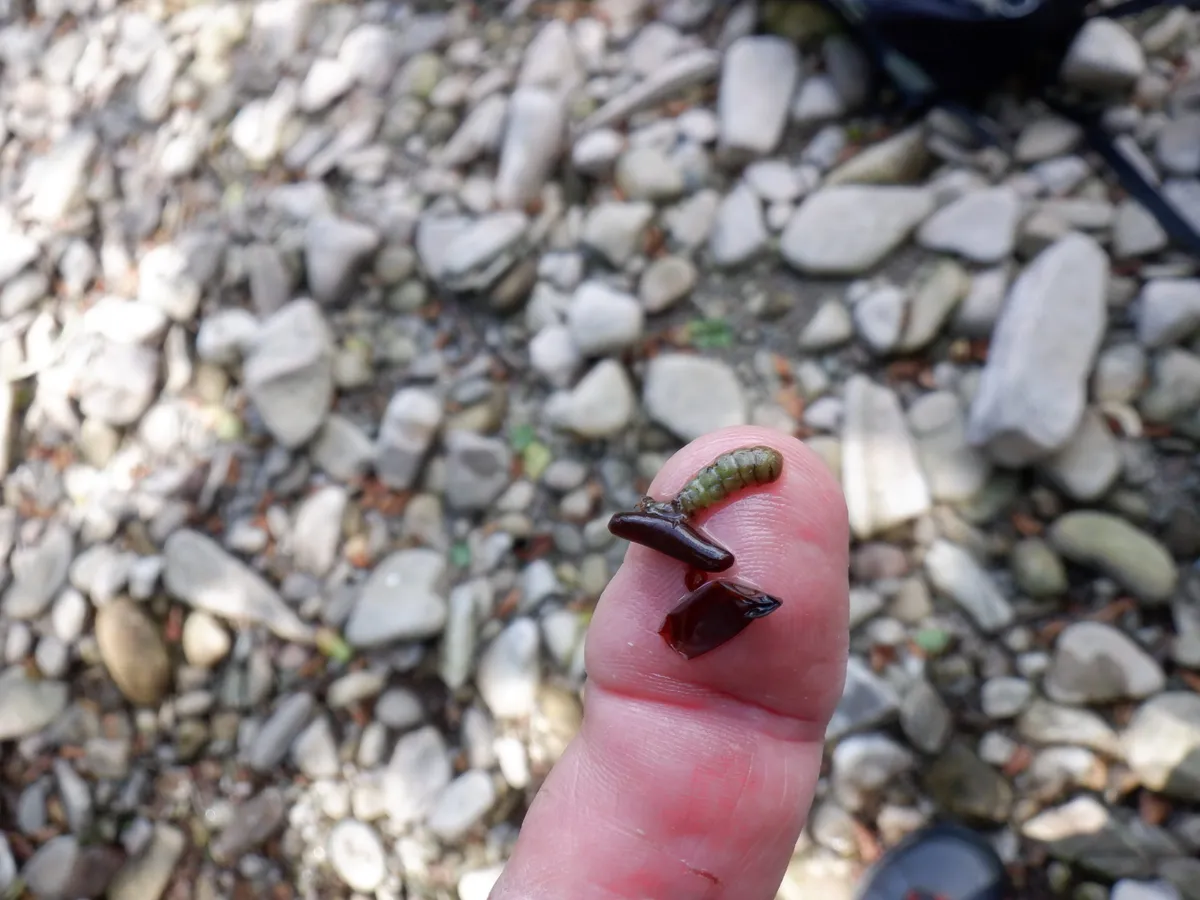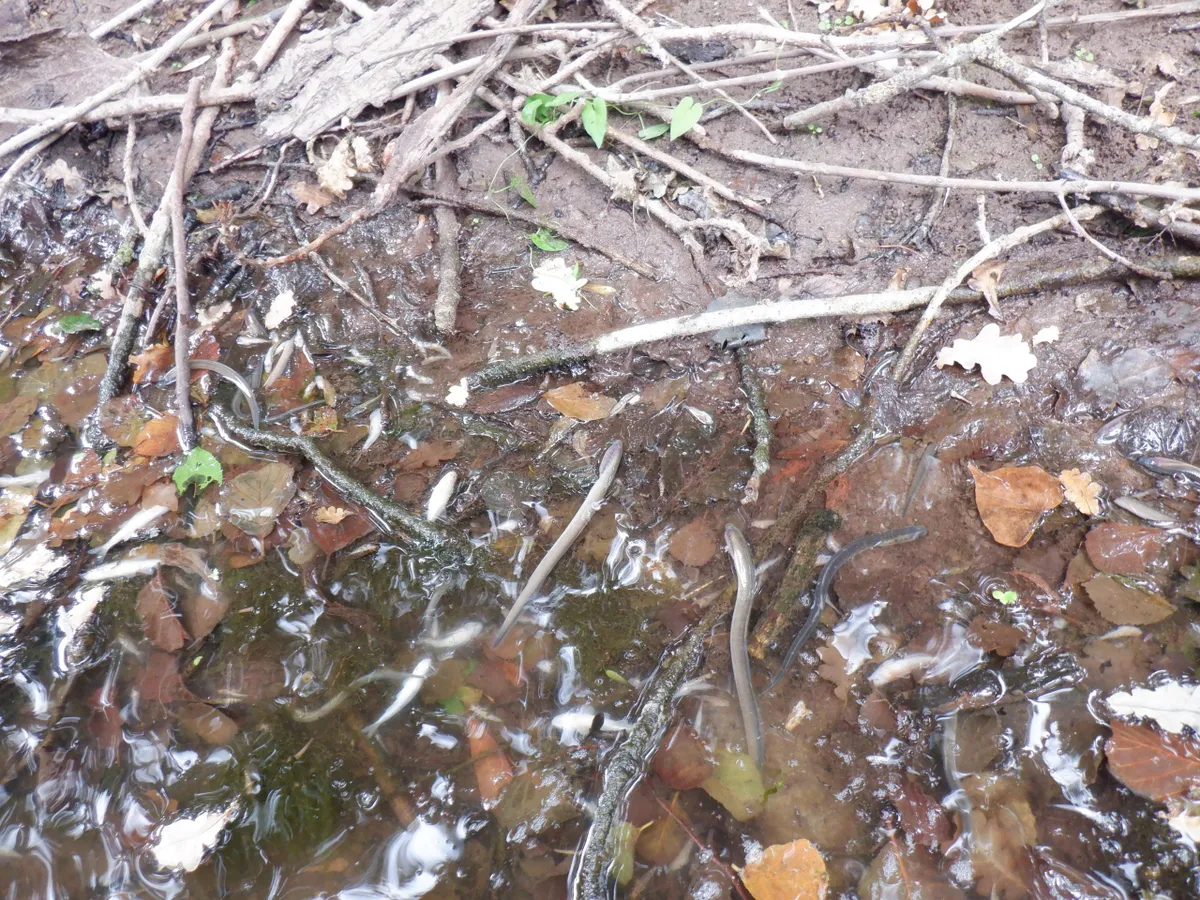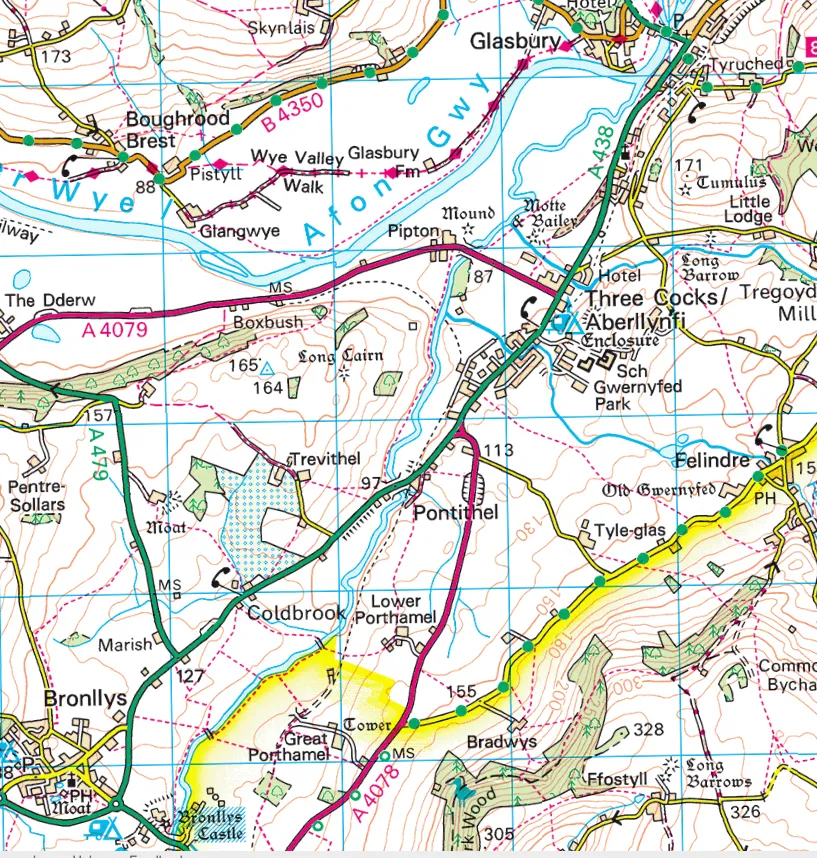A catastrophic pollution incident has killed almost all of the aquatic wildlife of a beautiful and thriving Welsh river. Thousands of fish are reported to have been killed in what is just the latest is a series of similar incidents to affect Welsh rivers in recent years.
The Afon Llynfi flows around the northern edge of the Brecon Beacons National Park and joins the River Wye at Glasbury. Pollution and dead fish were first reported on the river on Friday 31st July when local witnesses reported ‘an overpowering chemical smell’ along the river above Pontithel Bridge.

Members of Gwent Angling Trust who visited the scene said that thousands of grayling, brown trout, bullheads, eels and minnows have died. The river was also a stronghold for the endangered white-clawed crayfish, which are also reported to have perished. Low river flows have contributed to the problem as the pollution has stayed within the lower Llynfi for longer, killing the invertebrates such as caddies fly and mayfly larvae that support the fish populations.

Natural Resources Wales (NRW) are investigating the source of the pollution and have not yet established what the contaminant is. NRW told BBC Countryfile Magazine: "Water samples from the weekend were sent to the NRW analytical service on Sunday evening (2nd August). Further samples have been taken since and sent to the analytical service. Some results have returned from the laboratory, other kinds of tests take longer to return. As such, it is too early for us to identify the pollutant.
We estimate that over a thousand fish have died as a result of this incident. There has also been a significant effect on invertebrate life in the river. This is not acceptable. We are doing all we can to identify the source or sources, and we will take the appropriate enforcement action if we are able to do so."
We also spoke to Mark Roberts of the Gwent Angling Society, which owns a mile and a half of the river from its confluence with the Wye and helps manage other sections. He said that he and his members were “devastated by the pollution, especially after having worked so hard to restore the river habitats after 2016.”
The Afon Llynfi suffered a serious fish kill in 2016 but NRW could not accurately locate the source of the problem so no one was prosecuted.
“Our work is not just so people can catch trout [it is a strict catch and release policy on the river] but that people can enjoy the ecology of a beautiful stream,” says Roberts, “we had a fabulous mayfly hatch here and some of the best grayling fishing anywhere. It’s heartbreaking not just for the anglers but for the whole local community. Especially after all the work we’ve done.”
NRW added: "We know that local people care deeply about the river and are very upset about the impact this has had on the fish population. We share that concern and getting to the root of the cause of this incident is our top priority."

The Llynfi meets the River Wye at Glasbury, a popular spot for canoeing and wild swimming and there is concern that people could be affected by the pollution. NRW insists: "The Afon Llynfi is showing no signs of continuing pollution and any pollutant will have flowed down the river by now. The downstream limit of the pollutant’s effects was in the Llynfi and there appears to have been sufficient available dilution in the Wye to prevent any impact on the Wye."
This latest incident comes on the back of other major river issues on Welsh rivers with the River Wye and Teifi the focus of major concern due to agricultural run-off, particularly slurry.
We also contacted the Welsh Government to ask why Wales rivers
A Welsh Government spokesperson said: “The incident has had a devastating effect on the Afon Llynfi and we understand how disturbing and upsetting this is for those that use the river regularly. NRW is investigating the incident to identify the cause of the pollution.
“We fully recognise the importance of good water quality and the impact agricultural pollution is having across the whole of Wales. Tackling agricultural pollution is a priority and as we recover from the current crisis we must do all we can to prevent damage being done to our fragile ecosystems and to help nature to flourish.
“The Minister for the Environment, Energy and Rural Affairs [Lesley Griffiths] has published draft Regulations she is minded to introduce as soon as the Covid-19 pandemic comes to an end. These include restrictions on the application of nutrients from livestock, including poultry, to sustainable levels in every part of Wales. The Minister will consider the evidence and advice and will make an announcement on future regulations at the appropriate time, in light of the current Coronovirus pandemic.

So what is the future for the Llynfi? Mark Roberts told us that “it will take 10 years to get the river back to the state it was before the latest pollution.” Fortunately, fish and invertebrates exist in the upper catchment area of the Afon Llynfi and it is hoped that within two years, fish may start appearing in the affected stretch of the river.
NRW told the magazine: "Getting to the root of the cause of this incident is our top priority. If we are successful in finding the source or sources of the pollution, we will take enforcement action to stop this from happening again."
We will be following this story and bringing you more updates as it evolves.
What to do if you suspect a river of being polluted?
Signs to look out for:
- Dead fish – more than one dead fish is a clear sign something is seriously wrong.
- Bad smells – sewerage or chemical smells
- Sudden changes in water colour
- Surface scum or foam in large quantities.
In Wales, contact Natural Resources Wales: 0300 065 3000
In England, the Environment Agency 0800 80 70 60
In Scotland, the Scottish Environment Protection Agency 0800 80 70 60
In Northern Ireland: the Northern Ireland Environment Agency 0800 80 70 60
